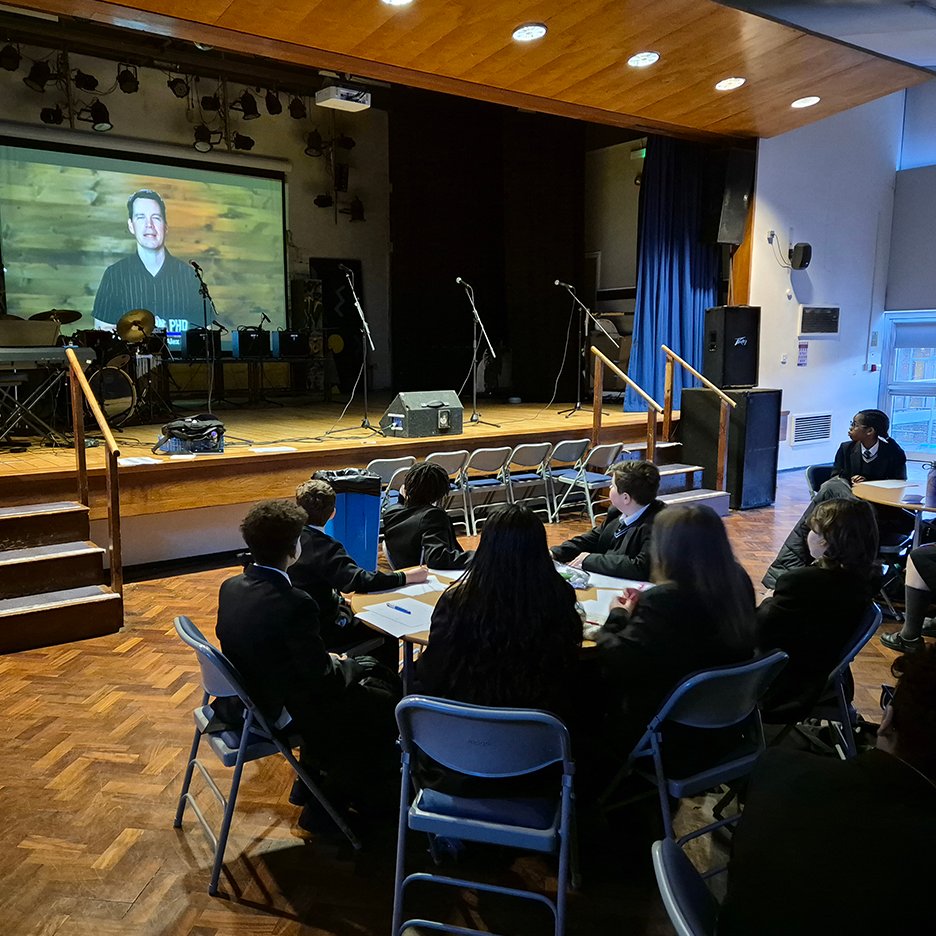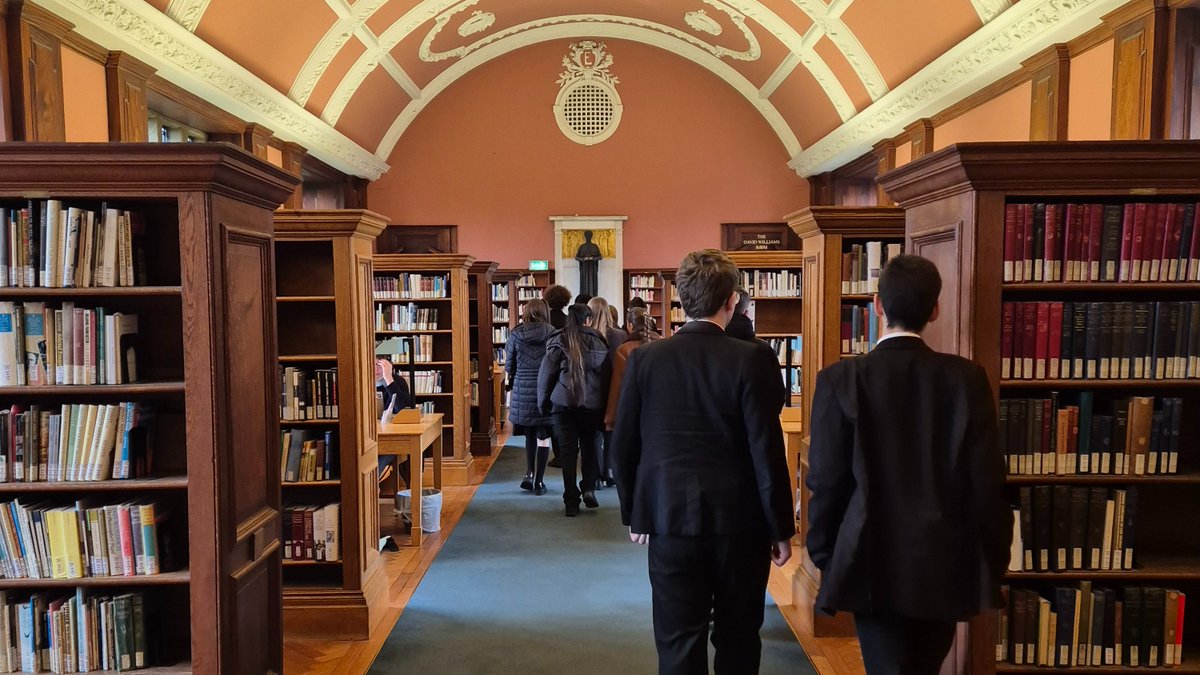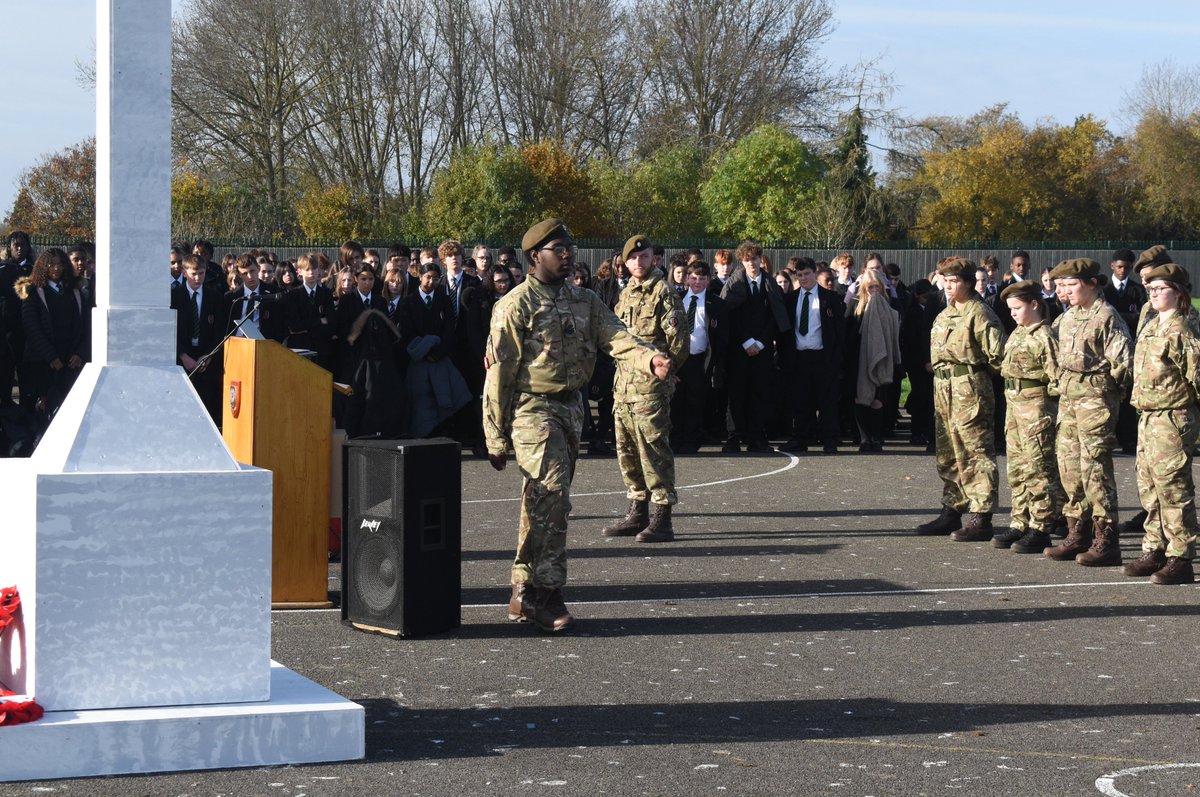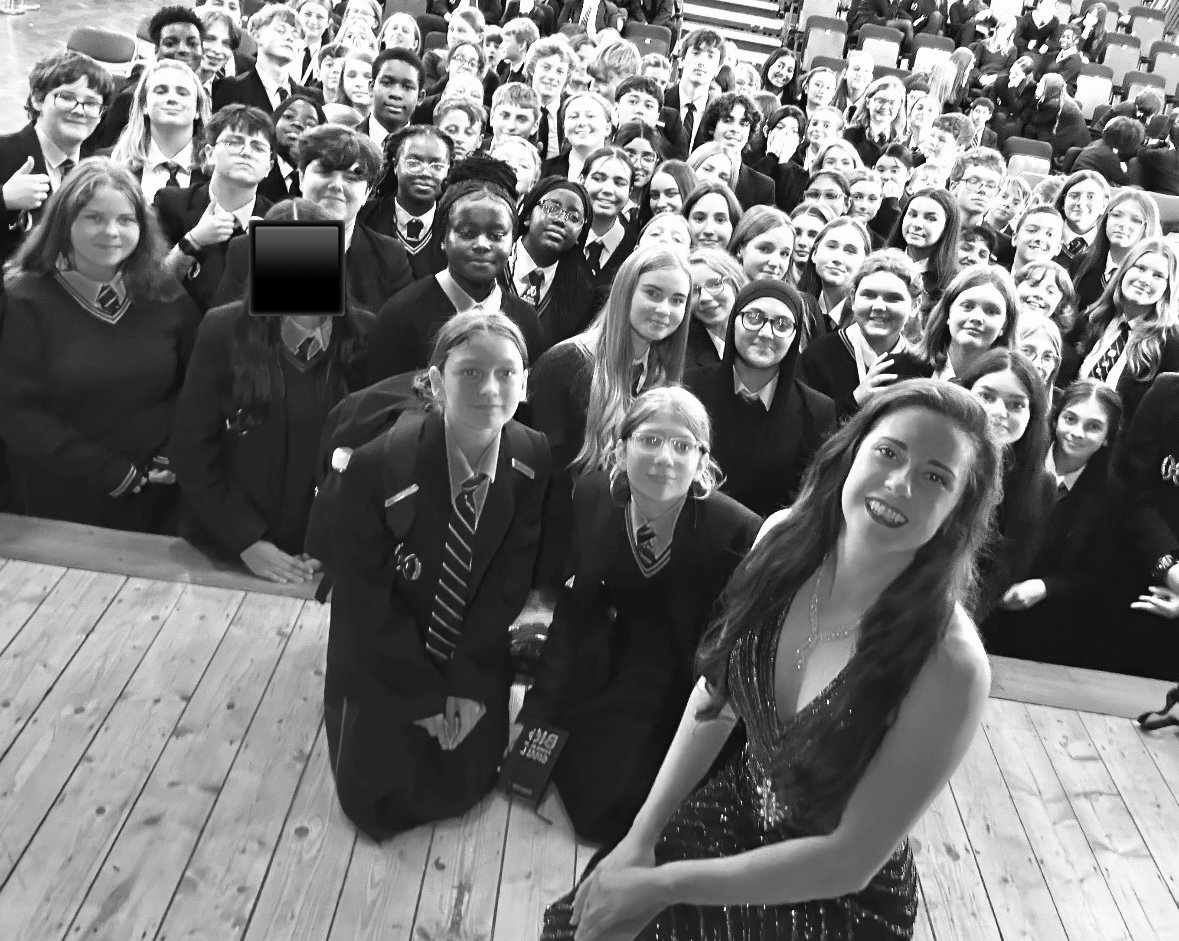Music
Exam board: OCR
Course code/specification number: J536
Level of qualification: GCSE, Level 2
What skills will students develop and demonstrate?
- Instrumental techniques used for chosen instrument..
- How the music is performed, and what it is used for – the culture it comes from.
- How the singers/instruments work together in the performances.
- How technology is used and how it has developed
- How the music is composed for each purpose – (use of the elements, different musical devices, tonalities, structures)
What will students learn about?
Area of Study 1 My Music: Learners should study any of the following: • any instrument • voice – this can include styles such as rapping or beatboxing • DJ-ing • sequencing – realisation using ICT.
Area of Study 2 The Concerto Through Time: Learners should study The Concerto and its development from 1650 to 1910 through: • the Baroque Solo Concerto • the Baroque Concerto Grosso • the Classical Concerto • the Romantic Concerto.
Area of Study 3 Rhythms of the World: Learners should study the tradi- tional rhythmic roots from four geographical regions of the world: • India and Punjab • Eastern Mediterranean and Middle East • Africa • Central and South America.
Area of Study 4 Film Music: Learners should study a range of music used for films including: • music that has been composed specifically for a film • music from the Western Classical tradition that has been used within a film • music that has been composed as a soundtrack for a video game.
Area of Study 5 Conventions of Pop: Learners should study a range of popular music from the 1950s to the present day, focussing on: • Rock ‘n’ Roll of the 1950s and 1960s • Rock Anthems of the 1970s and 1980s • Pop Ballads of the 1970s, 1980s and 1990s • Solo Artists from 1990 to the present day.
How will students’ learning be assessed?
- Integrated portfolio (30%): A performance, a composition and a commentary, all related to Area of Study 1 (the composition and commentary are all part of controlled coursework)
- Practical component (30%): Ensemble performance & composi- tion to a set brief. The ensemble performance can be on any instrument and of any genre. This is internally assessed.
- Listening Test (40%): Listening, appraisal & notation skills as- sessed in an exam at the end of the course. Externally assessed.
What grades can students access?
Students can achieve grades 9-1
What can students’ progress on to after completing this course?
BTEC qualifications, music technology, performing arts or media. Apprenticeships in recording engineering, music publish assistant, radio broadcast assistant.
A level – music, performance studies, music technology

























